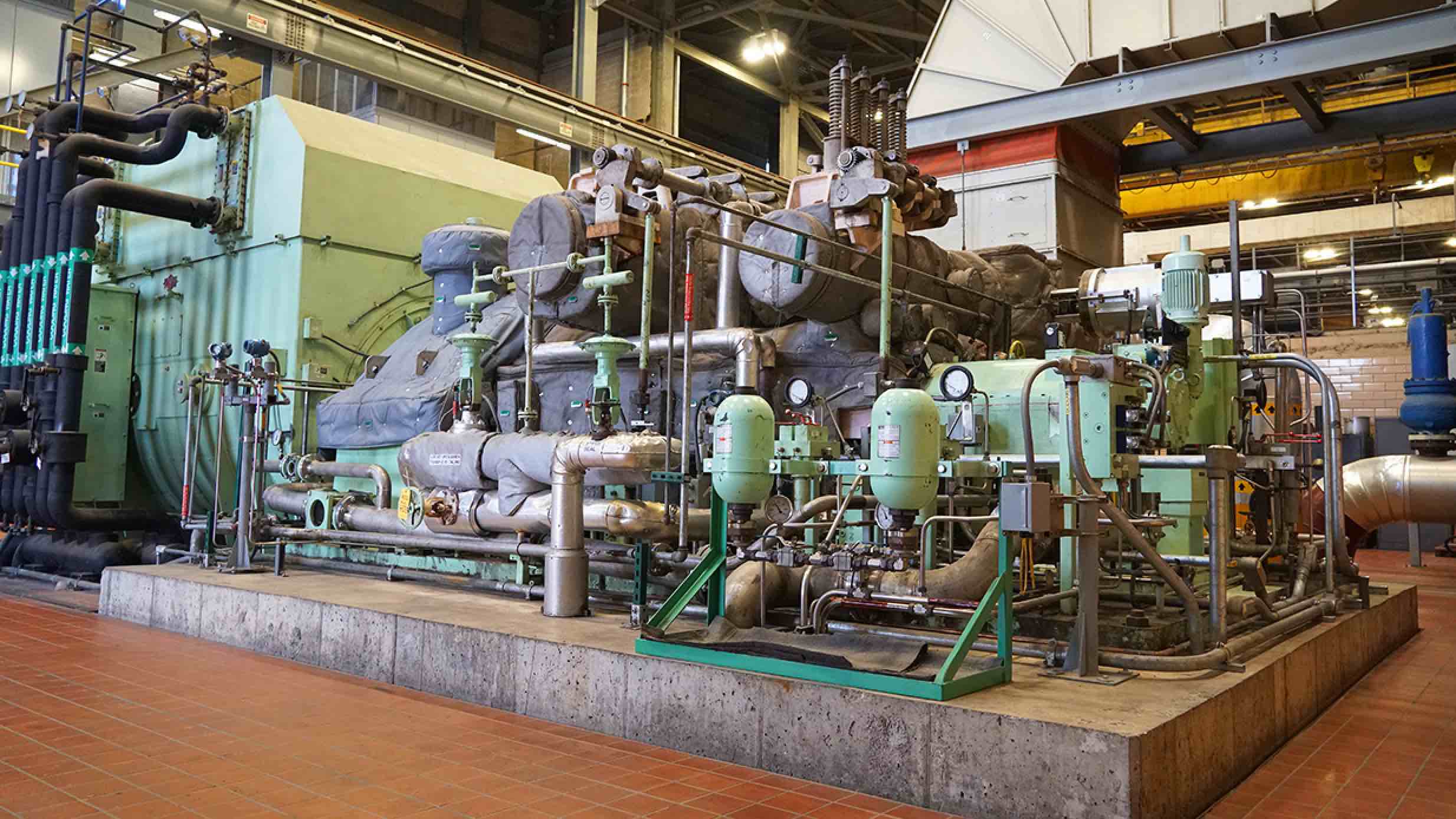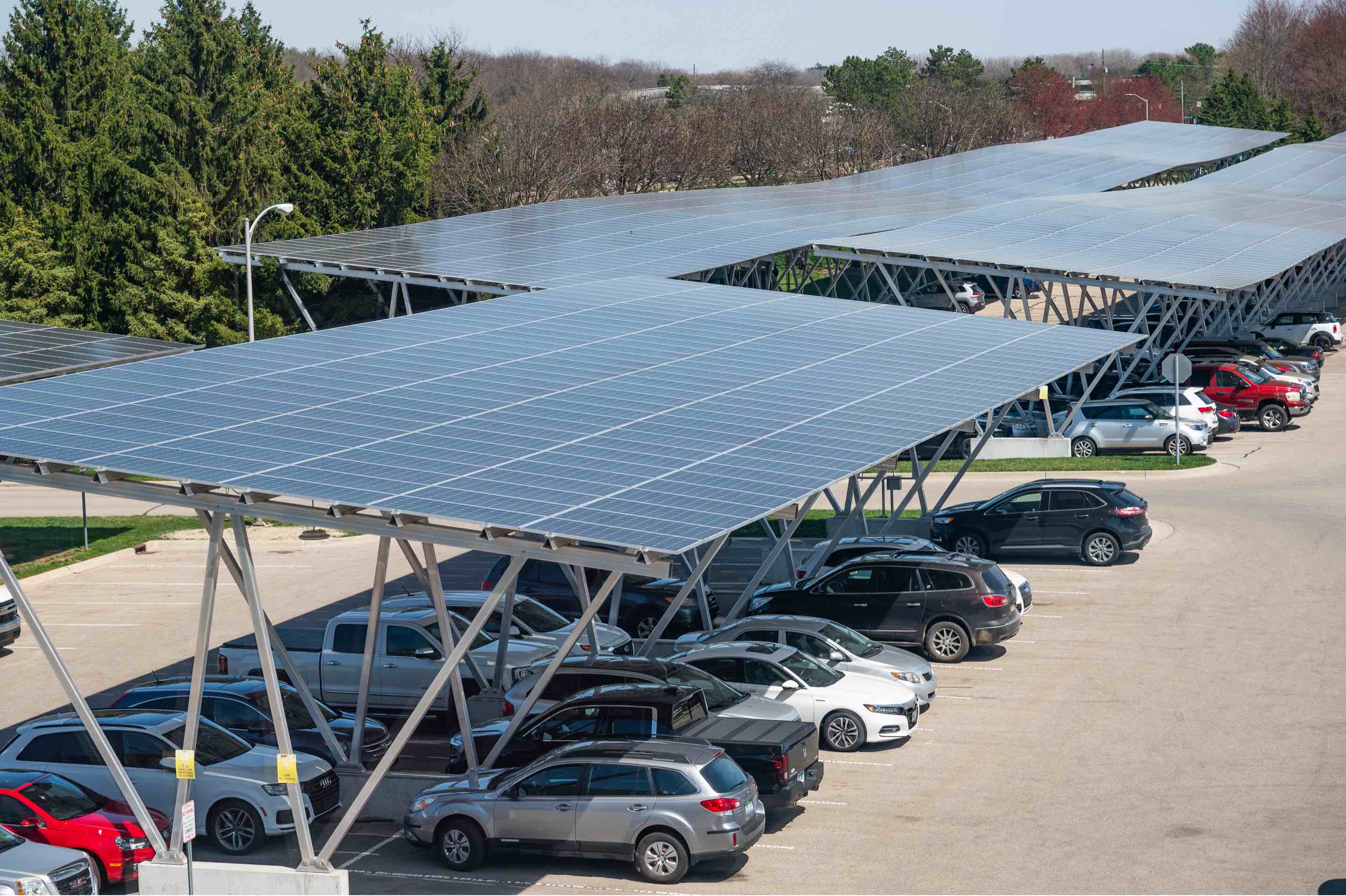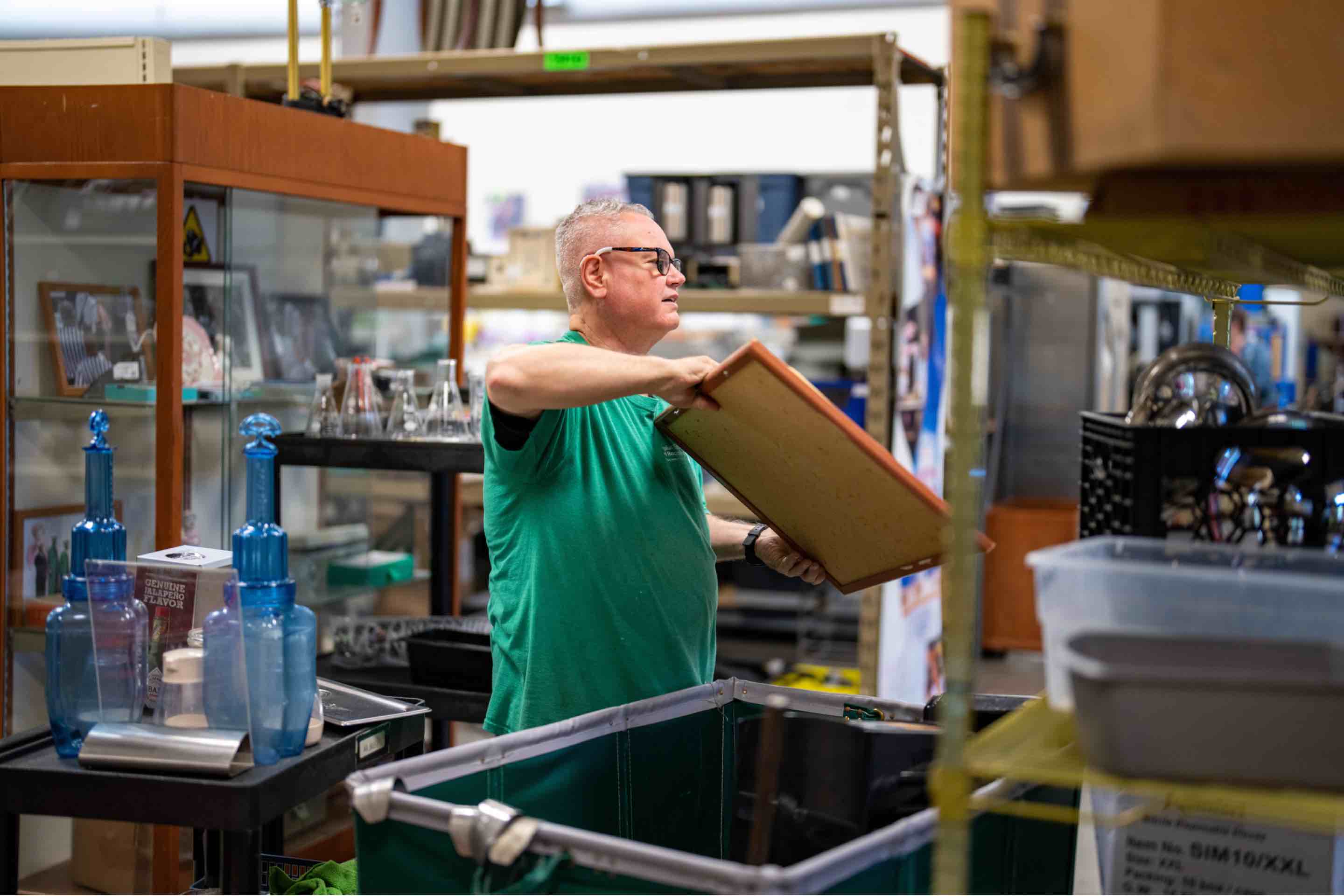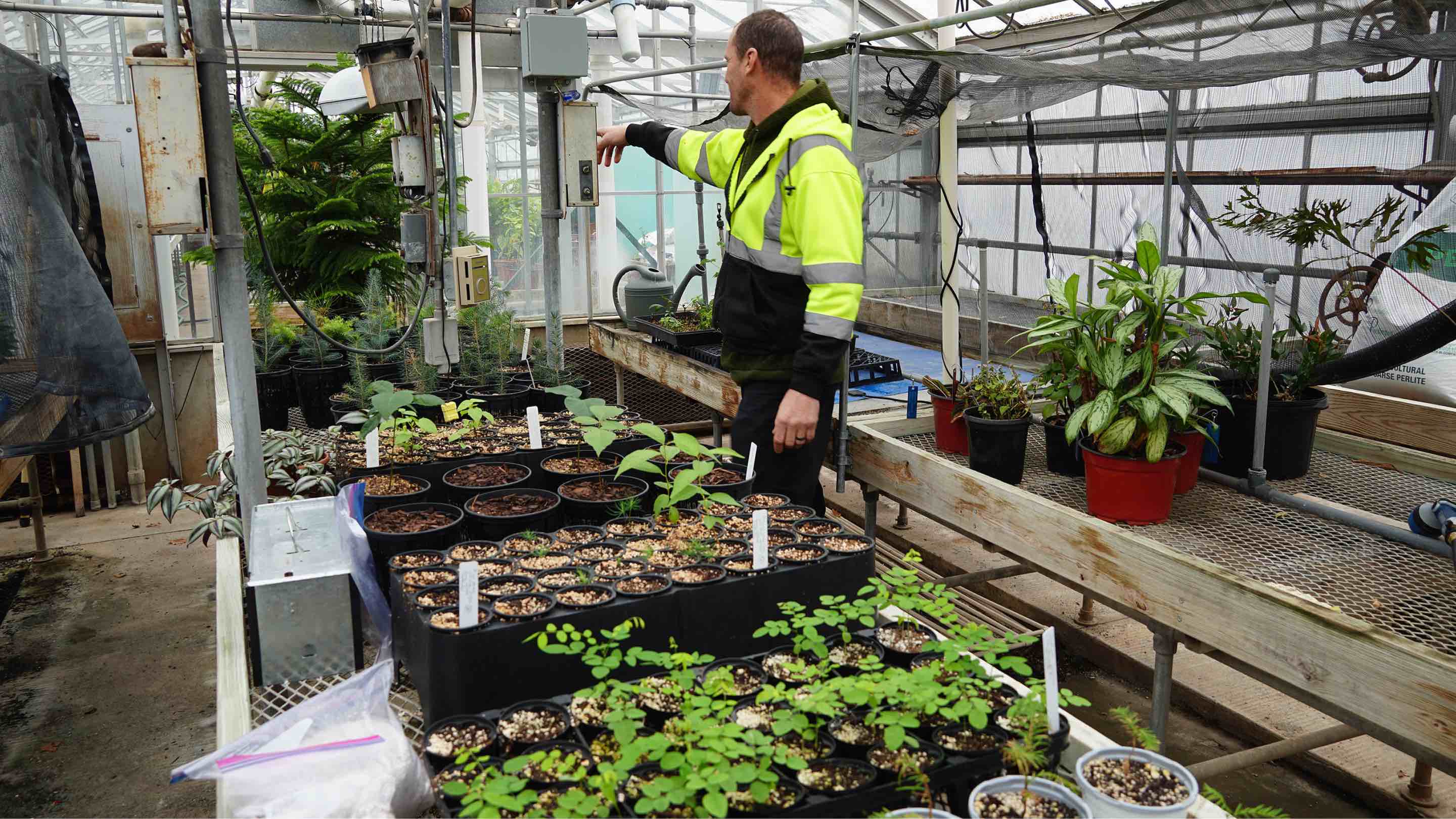Reaching across Michigan and extending globally, Michigan State University has made long-standing commitments and progress in sustainability through cutting-edge research, experiential learning opportunities for Spartan students, community engagement and improving sustainable operations.
On the East Lansing campus, Spartans are taking a multipronged approach to realizing the bold goals outlined in the university’s strategic plan of reducing greenhouse gas emissions and achieving climate-neutral operations by 2050.
In 2019, MSU achieved its first Gold rating for sustainability through the Association for the Advancement of Sustainability in Higher Education’s Sustainability Tracking Assessment and Reporting System, or AASHE STARS, becoming one of three Gold-rated institutions in Michigan. MSU received its second Gold STARS rating in 2022 and is currently the highest-rated institution in the state.
“There isn’t one fix or action that will meet our environmental stewardship goals. Our roadmap is a combination of existing technology, technology in development, energy conservation, creative problem-solving and community engagement,” says Sherri Jett, MSU director of power and water.
That strength-in-numbers approach is something Spartans have always done well and will be key to achieving the university's sustainability goals in the future.
On the East Lansing campus, Spartans are taking a multipronged approach to realizing the bold goals outlined in the university’s strategic plan of reducing greenhouse gas emissions and achieving climate-neutral operations by 2050.
In 2019, MSU achieved its first Gold rating for sustainability through the Association for the Advancement of Sustainability in Higher Education’s Sustainability Tracking Assessment and Reporting System, or AASHE STARS, becoming one of three Gold-rated institutions in Michigan. MSU received its second Gold STARS rating in 2022 and is currently the highest-rated institution in the state.
“There isn’t one fix or action that will meet our environmental stewardship goals. Our roadmap is a combination of existing technology, technology in development, energy conservation, creative problem-solving and community engagement,” says Sherri Jett, MSU director of power and water.
That strength-in-numbers approach is something Spartans have always done well and will be key to achieving the university's sustainability goals in the future.








